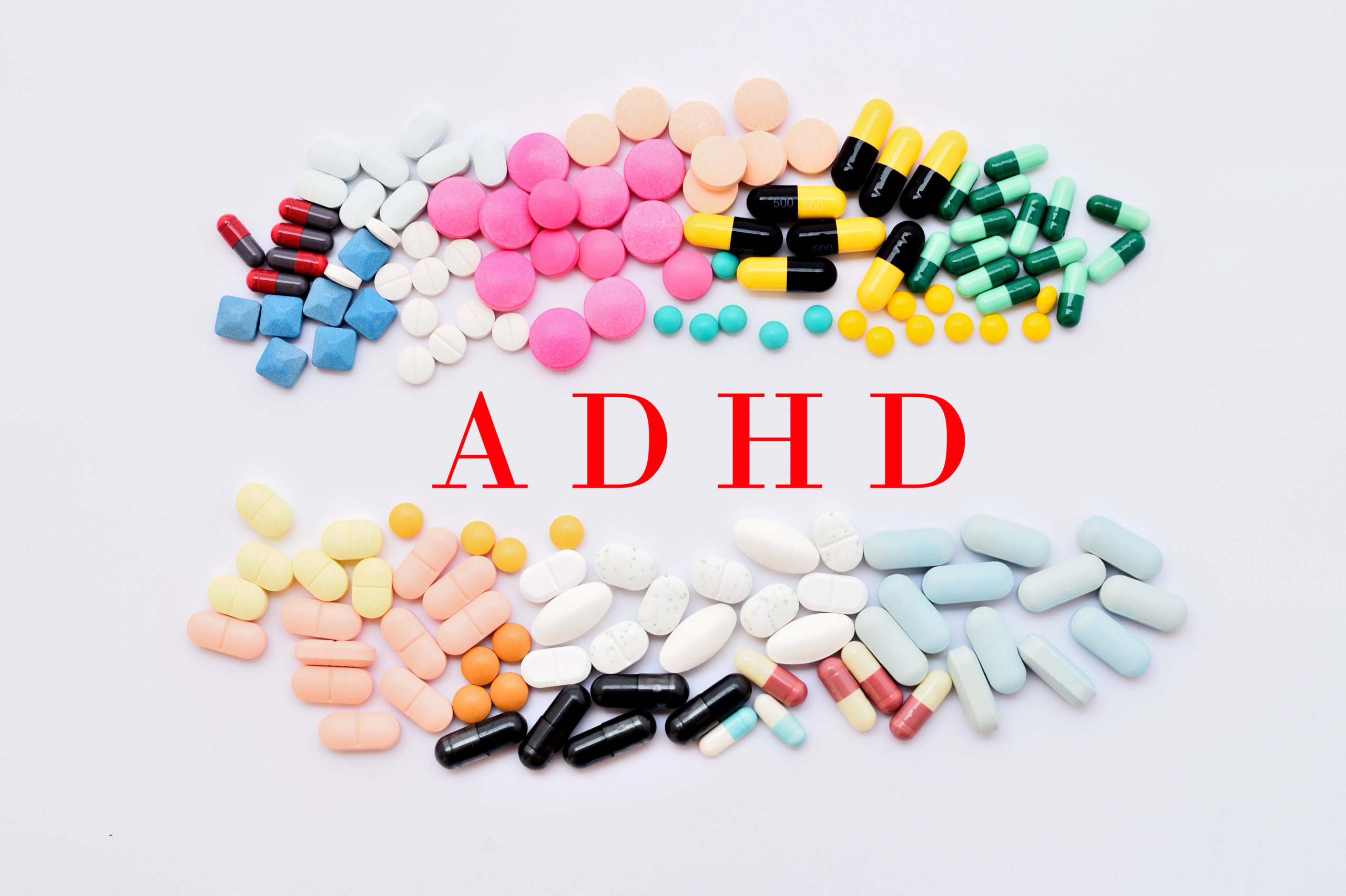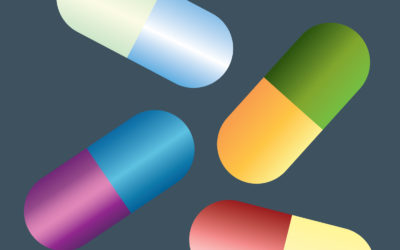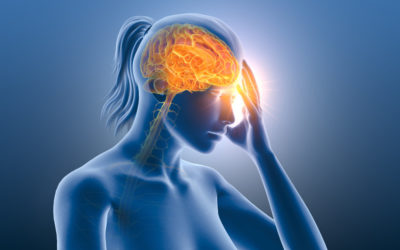Attention deficit hyperactivity disorder, or ADHD, is one of the most common pediatric neurodevelopmental diseases. It is most commonly diagnosed in childhood and can last into adulthood. individuals with ADHD may struggle to pay attention, manage impulsive behaviors (doing without considering the consequences), or be extremely active.
What is ADHD?
Children with attention deficit hyperactivity disorder (ADHD) have long been diagnosed and treated. Over the last few decades, there has been a greater focus on the persistence of ADHD into adulthood. In at least 30% of patients diagnosed with ADHD as a kid, the illness is now thought to continue into adulthood.
Daydreaming, difficulty focusing, and being easily distracted are all examples of attention issues. Fidgeting or restlessness are examples of hyperactivity. Hyperactivity and impulsivity frequently improve as a person grows older, but attention issues are more likely to persist into adulthood.
Adult ADHD treatment is comparable to childhood ADHD treatment. Medication, psychological counseling (psychotherapy), and treatment for any co-occurring mental health disorders are all part of adult ADHD treatment.
Types Of ADHD
There are three forms of ADHD, depending on which symptoms are the most prominent in the person.
Predominantly Inattentive Presentation: It’s difficult for the person to arrange or complete a task, pay attention to details, or follow directions or dialogues. The person is easily sidetracked and forgets regular details.
Predominantly Hyperactive-Impulsive Presentation: The individual fidgets a lot and talks a lot. It’s challenging to sit still for an extended period. Smaller children may continually run, jump, or climb. The person is likely restless and has a hard time controlling their impulsivity. Someone who is impulsive may frequently interrupt others, grab items from others, or talk at inopportune moments.
Combined Presentation: Symptoms are equally present in the individual from both presentations.
Even though the specific cause of ADHD is unknown, research attempts continue. The following are some of the factors that may play a role in the development of ADHD:
- Alcohol and tobacco use during pregnancy
- Exposures to environmental elements and chemicals
- Low birth weight
- Premature births
- Brain injury
As stated before, the cause of ADHD is still being studied, and these factors may or may not be the source of developing ADHD.
ADHD Medication Comparison
Medications for ADHD fall into one of two categories: stimulant or non-stimulant. There is some ADHD medication comparison when it comes to both forms, although stimulants are more often prescribed.
Stimulant ADHD Medication
The most common drugs for ADHD are methylphenidate or amphetamine-containing products. However, other medications may be given as well. Stimulants appear to increase and balance the levels of neurotransmitters in the brain. Some of these include:
- Mixed amphetamine salts dextroamphetamine and amphetamine (Adderall)
- Dextroamphetamine (Dexedrine)
- Amphetamine (Evekeo)
- Lisdexamfetamine
- Methylphenidate (Ritalin, Concerta, Daytrana, Quillivant, Jornay PM, Adhansia XR)
- Dexmethylphenidate (Focalin)
Stimulant medications are usually prescribed first since they help 70-80 percent of individuals with ADHD. Stimulants raise dopamine and norepinephrine levels at synapses in the brain. They begin working immediately after crossing the blood-brain barrier, which can take 45 to 60 minutes, at which time Hyperactivity, distractibility, and/or impulsivity are reduced.
Non-stimulant ADHD Medication
Stimulants are ineffective for 20-30% of patients with ADHD. They then move on to a non-stimulant ADHD medicine that the FDA has approved. Some of these include:
- Atomoxetine (Strattera)
- Clonidine (Kapvay)
- Guanfacine (Intuniv)
- Viloxazine (Qelbree)
The full effect of a non-stimulant medication is usually assessed after five to seven days. Sustained focus, improved mood, increased attention to detail, improved memory, better sleep, and less impulsivity are indicators that the treatment is effective.
Healthy living is vital for everyone, but it is especially so for persons with ADHD. A healthy lifestyle, in addition to behavioral therapy and medication, can help you manage the symptoms of ADHD. We hope this ADHD medication comparison was helpful in understanding the different options.
Get Discounts On Your Prescriptions!
Use our price finder and receive the lowest price at over 65,000 pharmacies around the country. Receive up to an 80% discount at your local pharmacy today! You don’t have to pay full price at your next visit to the pharmacy! With Easy Drug Card you can get your pre-activated prescription discount card instantly sent to your phone!
Resources:
“Adult attention-deficit/hyperactivity disorder (ADHD)” Mayo Clinic, 7 July 2021, https://www.mayoclinic.org/diseases-conditions/adult-adhd/diagnosis-treatment/drc-20350883
“Attention-Deficit Hyperactivity Disorder (ADHD)” Harvard Health Publishing, 7 July 2021, https://www.health.harvard.edu/a_to_z/attention-deficit-hyperactivity-disorder-adhd-a-to-z
“Diagnosis and Management of Attention-Deficit/Hyperactivity Disorder in Adults” American Family Physician, 7 July 2021, https://www.aafp.org/afp/2012/0501/p890.html
“Treatment of ADHD” Centers For Disease Control and Prevention, 7 July 2021, https://www.cdc.gov/ncbddd/adhd/treatment.html












